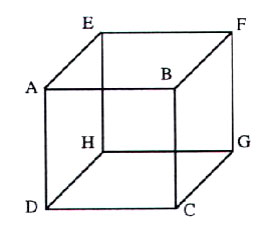Would it be acceptable to put the definite article before the "empty neighborhoods"? Both the reader and the writer are aware where exactly these neighborhoods are, from the preceding text. Therefore the noun should have definite reference.
That interpretation is not correct; the reader is NOT told which neighborhoods are in trouble. Here is the entire paragraph:
What was once the country’s fourth-most-populous city grew rich thanks largely to a single industry. General Motors, Ford and Chrysler once made nearly all the cars sold in America; now, thanks to competition from foreign brands built in non-union states, they sell less than half. Detroit’s population has fallen by 60% since 1950. The murder rate is 11 times the national average. The previous mayor is in prison. Shrubs, weeds and raccoons have reclaimed empty neighbourhoods. The debts racked up when Detroit was big and rich are unpayable now that it is smaller and poor.
The author is describing how the city of Detroit is crumbling. Not every neighborhood is being overrun with wildlife, but an unspecified number of neighborhoods have become empty, and those neighborhoods are being overrun with wildlife.
Could you add a definite article? Sure:
The previous mayor is in prison. Shrubs, weeds and raccoons have reclaimed the empty neighbourhoods.
Either way (with or without the article), some neighborhoods are emptying out, and some raccoons are moving into those neighborhoods.
I disagree that the sentence should include a definite article, although I'd acknowledge that the sentence could include the definite article. Many times, the inclusion or exclusion of an article doesn't really alter the meaning of the sentence, and it's not worth spending a lot time overanayzing it. For example:
My daughter got a new job at the library. She spent all day reshelving books.
My daughter got a new job at the library. She spent all day reshelving the books.
Is there a difference? I suppose so. Without the article, she reshelved books all day. With the article, she reshelved specific books all day. On the other hand, though, is that difference significant? Either way, her shoulders are sore. Either way, all the books that needed reshelving got reshelved. Either way, she spent several hours putting books back on the shelves.
So, which "reshelving" sentence is better? That's like asking which face is on the front of this cube:


